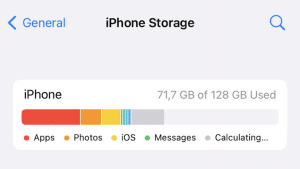Digital and ecological are terms that are increasingly being associated with each other. The pressure from Internet users to push the major Internet players to act for the planet is intensifying. And Facebook has decided to anticipate the green shift by setting an example and tackling its digital pollution.
Facebook servers serving the planet
To store the data exchanged by its 2.45 billion users, Facebook needs a large number of Internet-based servers. These are hosted in large, energy-intensive buildings called data centers. However, this high demand for servers is not inevitable for Facebook pollution footprint. The social network imagined by Mark Zuckerberg has managed to halve the number of servers it uses.
“Quite simply” (this is a way of speaking you will understand why) by compiling its PHP code in C++ thanks to its “HipHop for PHP” tool (not so simple no?). On the other hand, the result is understandable by all: 60,000 fewer tonnes of CO2 emissions per year!
We are talking here about reflection on the functioning of computer services (CS). A French company called Green Concept proposes to help companies to operate towards an ecological digital transition. An objective of eco-design that may lead to change the code or algorithm of a site and or application. Thanks to its actions, Green Concept claims to reduce up to 60% of its customers’ consumption! Good news considering the environmental impact of digital technology which is only growing.
After Microsoft and Apple, Facebook has decided to drastically reduce its carbon footprint. Given the ecological challenges, will digital technology manage to remain a fantastic tool?






